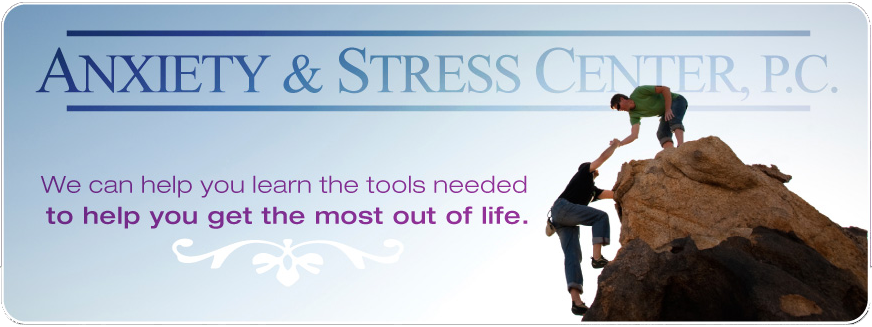Two years ago, I attended a seminar conducted by Dr. Daniel
Amen a psychiatrist, brain image specialist and author, who focuses on brain
health. Because there is an increasing
body of current research connecting nutrition to mental health, I have decided
to reprint this blog with the addition of more information. Here is some of the more relevant information
and suggestions that Dr. Amen shared regarding brain health, which invariably
affects our mental health and well-being.
The brain is the control center of the body and is involved
in everything we do. The brain is too often neglected in both
emotional health and physical health. If your brain is not functioning
correctly, it is probable that you are not functioning properly. In the same way that each of us could make
some changes that would improve our physical health, we can make some changes
to improve our brain health too.
Our brain is mostly water and fat. To keep it healthy we
need to eat plenty (around 30 – 40 percent of daily caloric intake) of good
fat. Examples of good fat are raw nuts, avocados and avocado oil, coconut oil,
olives and olive oil, hemp seeds and flax seeds.
Obesity is harmful to the brain and body. As weight goes up,
the physical size of the brain goes down and brain functioning decreases.
Excess body fat helps produce inflammation – the beginning phase of all disease
processes. Body fat also stores toxins – the more the body fat, the more the
toxins. Toxins aren’t good for the brain or body.
Vitamin D is important for weight loss since low Vitamin D
deactivates leptin, a brain hormone that signals satiation or fullness. If
leptin doesn’t work, we don’t get the proper signal to stop eating. A lack of sleep decreases leptin levels. Thus,
not getting enough sleep can contribute to weight gain.
Interesting note: Men who have sex 3 times a week decrease
heart attack risk by 50%. Unfortunately, the same is not true for women.
Our diet, which is supplemented with too many corn products,
soy and vegetable oil, gives us too many Omega 6 oils and not enough Omega 3
oils. The remedy for this is to check labels to avoid corn, soy and vegetable
oils and supplement our diets with Omega 3 found in cold water fatty fish
(salmon, mackerel, sardines), nuts and flax seed. Omega 3 supplements can also be used to
correct the Omega imbalance
People who are gluten sensitive have increased risk for both
anxiety and depression and have decreased blood flow to the brain. Theories about
the role of gluten in mental health include food allergies, immune responses,
interference in brain processes, exorphins being absorbed into the blood stream
from the gut and then passing through the blood-brain barrier to affect the
central nervous system and the way serotonin functions in the brain.
Sucralose, otherwise known as Splenda, was originally made
as a pesticide! It works quite well as a
pesticide and is used for that purpose in some farming communities. Not surprisingly, Splenda will also kill off
the healthy flora (microbes) in your gut. There is a large body of evidence
showing a connection between gut health and mental health. A gut with an
abundance and diversity of microbes aids our overall health and mental health. A
deficiency in diversity or number of gut microbes is related to several types
of mental illness including anxiety, depression, autism and more. Read more
about the mental health, gut health and diet see the following links:
https://www.maxlugavere.com/blog/worlds-first-clinical-trial-shows-diet-fights-depression
Untreated depression had been shown to increase Alzheimer’s
dementia two times in women and three times in men. Other conditions that can have a negative
impact on brain functioning include chronic stress, an unhealthy peer group,
emotional trauma, lack of activity, nicotine and caffeine.
Here is what Dr. Amen recommended we do for increased brain
health and functioning:
1.
Mental workouts help strengthen the brain. He
recommends learning something new 15 min each day.
2.
Physical activity- weights, resistance training
and coordination exercise (i.e. dancing) 30 min per days, more days than not-
daily is best.
3.
Nutrition – ½ body weight in ounces of water,
high quality foods and clean protein (hormone free, free range, grass fed),
smart carbs – low glycemic (slow to convert to sugar in the body) and high in
fiber- which are plants, eat a rainbow of colors daily for good antioxidants,
the cancer fighters, and plenty of herbs and spices all of which have some
healing properties in the body.
4.
Probiotics put the good microbes back into the
gut. This is important since 90% of serotonin, the chemical involved in good
mood, is located in the gut. Antibiotics kill the good flora in the gut, which
must be replenished. It is best to keep
the gut balanced and working properly. Probiotics can be taken in supplement
form or found in fermented foods like sauerkraut, kefir, kimchee and kombucha..
Finally, Dr. Amen stressed that that emotional health in
this country has been negatively affected by our typical diet, which he refers
to as SAD – an acronym for the Standard American Diet. He speculates that the
rise in emotional disorders is likely due to the rise in food additives and
genetically modified organisms. As such, gluten, dairy and food additive
allergies may be causative factors in many mental disorders.
Submitted by Holly Houston, Ph.D., Director, Licensed
Clinical Psychologist February 2017
